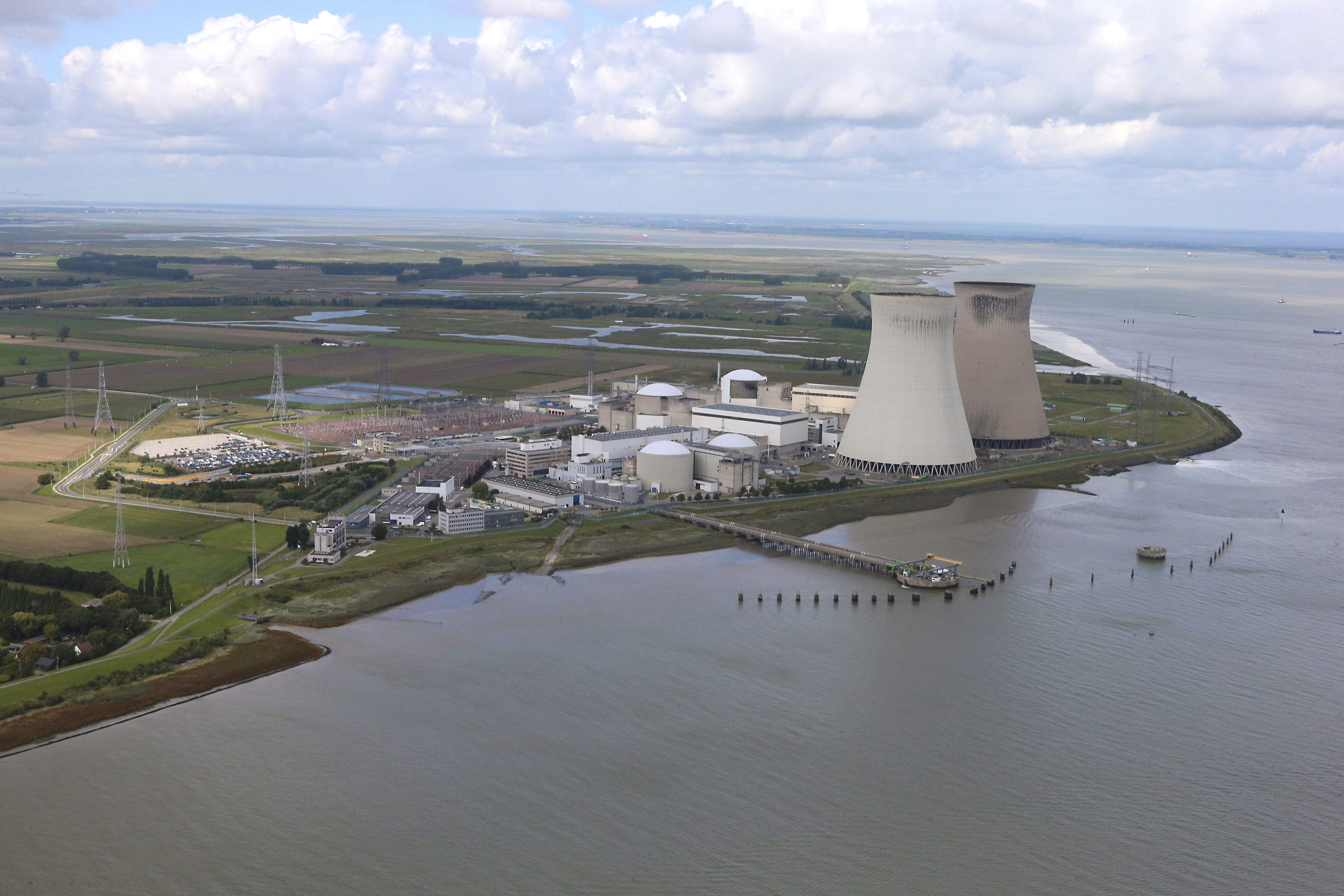Belgium’s two youngest nuclear reactors will stay open 10 years longer

Belgium’s two youngest nuclear reactors, Doel 4 in Flanders and Tihange 3 in Wallonia, will remain open ten years longer than planned. Top government officials decided this on Friday evening after an entire day of negotiations on the much-debated ‘nuclear exit’, the planned closure of Belgium’s nuclear power plants.
The combination of the extension of the nuclear power plants and the planned replacement capacity, such as new gas-powered plants, should ensure that the energy supply is guaranteed “in all scenarios”, Prime Minister Alexander De Croo assured Friday evening at a press conference. In past weeks, the government had been under additional pressure to ensure energy stability due to the Russian invasion in Ukraine and the spiking energy prices that followed.
Simultaneously to the nuclear extension, however, the federal government is also making EUR 1,16 billion available to reduce energy dependence on fossil fuels and accelerate the transition to sustainable energy.
Prime minister Alexander De Croo: “In difficult times, everyone has to do exceptional things, and I assume that Engie will also do so.”
For the time being the nuclear extension is a purely political agreement. In the next phase there is extensive legislative work to be done, starting with an amendment to the 2003 ‘nuclear exit law’ which stipulates that the last nuclear power plant in our country must close its doors in 2025. Negotiations are to be held with the European Commission and Engie, the French energy company which currently operates all nuclear power plants in Belgium. Prime minister De Croo assumes these negotiations will succeed: “In difficult times, everyone has to do exceptional things, and I assume that Engie will also do so.”
Environmental onrganisations have already called the decision “a great missed opportunity to rewrite our energy future”, with Greenpeace describing the plan as “incomprehensible”. Federal opposition party N-VA (Flemish nationalists), on the other hand, showed itself “relieved” but at the same time says an extension by 10 years does not go far enough. The party has long been in favour of a nuclear extension, but thinks a minimum of 20 years was needed.
Environmental organizations: “a great missed opportunity to rewrite our energy future”
National and regional employers’ organisations expressed relief on Friday evening. “The federal government is making the right decision”, said Voka, the Flemish network of enterprises.
Photo © Belga